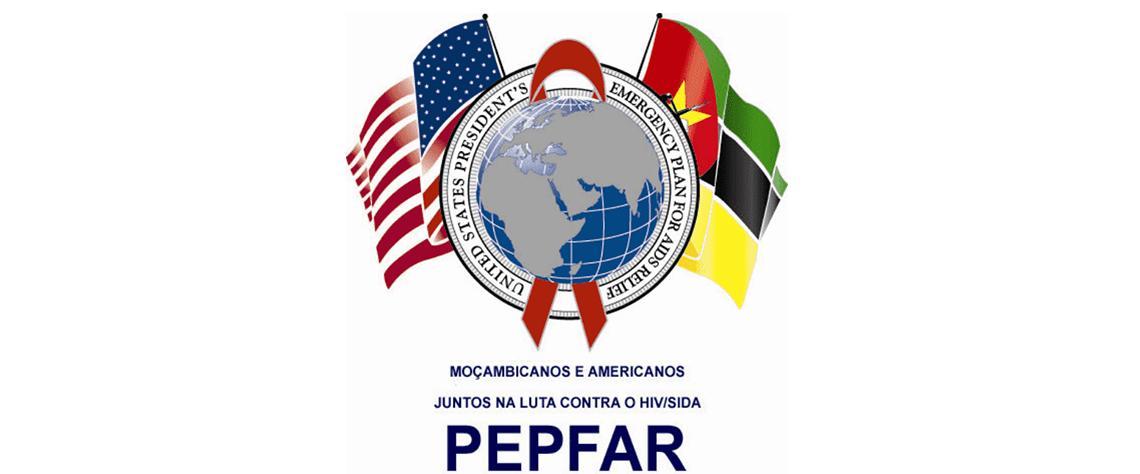Africa-Press – Mozambique. Despite the US government’s cancellation, on 1 February, of financial support to the health programmes against HIV and AIDS, the US State Department has issued instructions to the agencies implementing PEPFAR (President’s Emergency Plan for AIDS Relief) to resume HIV services immediately, despite the 90 day “pause” in US aid.
Summarising the current situation, the Mozambican parliament’s HIV/AIDS Prevention Office says this is a “limited exemption”, for the sole purpose of saving lives. HIV treatment services can be resumed. Including counselling, HIV testing, preventing and treating opportunist infections (including tuberculosis), laboratory services, and management of the medical supply chain,
The exemption also covers the prevention of mother-to-child transmission of HIV, including pre-exposure prophylaxis for pregnant and lactating women. The PEPFAR funds can also be used for “reasonable administrative costs necessary for delivering the assistance”.
Going into the “exemption” in considerable detail, the parliamentary HIV/AIDS office says it covers tests of the HIV viral loads “which allow monitoring of the patient to guarantee that the medicines for treating HIV are effective”. The treatment of tuberculosis is covered, because “TB is the greatest cause of death among people living with HIV”.
The “limited exemption” does not cover “activities that involve abortion or family planning”, or “gender ideology programmes, transgender surgery, or other activities that do not save lives”. AIM does not know of any transgender surgery ever taking place in Mozambique.
The latest statistics available on the HIV epidemic in Mozambique, provided by the National AIDS Council (CNCS), show that 12.5 per cent of adults over 15 years of age are HIV-positive. The HIV prevalence is higher among women (15 per cent) than men of the same age. The most affected group is girls and young women aged between 15 and 24. Among this population group, 23,000 new infections were registered in 2023, which is three times higher than the number of infections among men of the same age.
The estimates from 2022 are that Mozambique then had 2.3 million adults and 150,000 children living with HIV.
The estimated number of new HIV infections has declined from 130,000 in 2019 to 81,000 in 2023. The number of deaths related to HIV has also declined – from 49,000 in 2019 to 44,000 in 2023. The CNCS believes that, over the past two decades, 1.7 million new HIV infections and 1.1 million HIV-related deaths have been avoided.
These successes were due to increased access to the anti-retroviral drugs that prolong the lives of HIV-positive people, and stepped-up prevention and testing programmes. The parliamentary HIV/AIDS office argues that these results “reflect the positive impact of consistent public policies, of expanding the coverage of the health services, and of mobilising national and international resources”.
For More News And Analysis About Mozambique Follow Africa-Press






